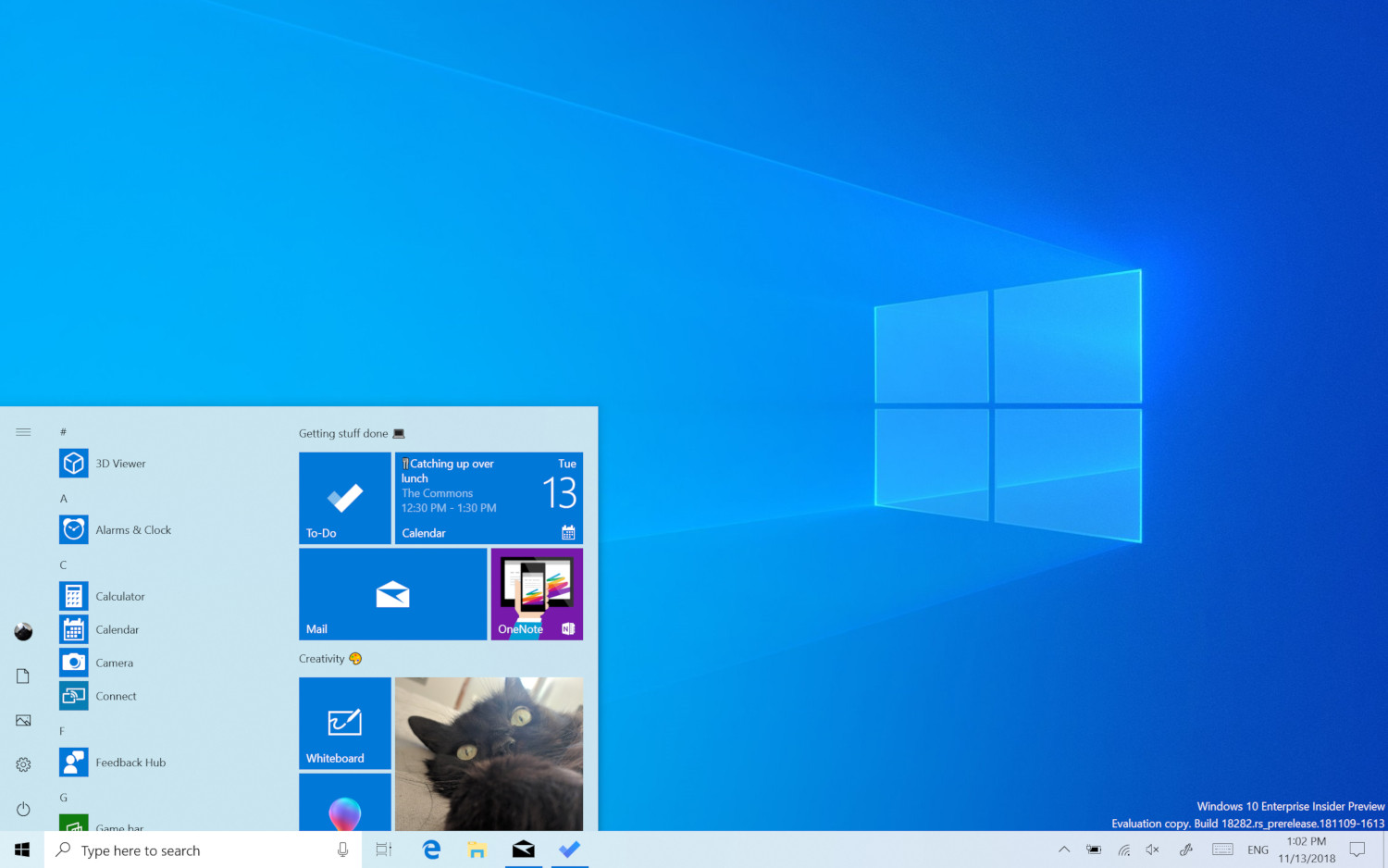Windows 10 Gained 100 Million Users Since September
More than 800 million devices are running Windows 10--which is 100 million more than there were six months ago.
The milestone was revealed on Microsoft by the Numbers, which offers information about the company's achievements, from the number of signals it analyzes every day to defend its customers against cyberattacks (6.5 trillion) to the number of questions the Cortana virtual assistant has been asked so far (18 billion).
Neowin reported in September 2018 that Windows 10 was running on more than 700 million devices. There had been a bit of back-and-forth about that figure since March 2018, when Microsoft said the operating system was on "nearly 700 million devices," then saying it passed that milestone only to retract the claim later.
The previous Windows 10 milestone was its installation on more than 600 million active devices in November 2017. These announcements can't be used to gauge when Windows 10 actually crossed a certain number of active devices--Microsoft doesn't rush to reveal them right away--but they're as close as we can get.
With that caveat in mind, it seems like Windows 10 is reaching more devices faster than before. The operating system took 10 months to go from 600 million active devices to 700 million, but only six months to hit 800 million after that. If it continued at that pace it'd be possible for it to hit the 1 billion mark sometime in 2020 if growth continues at this pace.
That hardly comes as a surprise. Most people aren't ready to start using Linux, barring a "hackintosh" macOS is limited to Apple PCs and older versions of Windows can only be used for so long as hardware makers, software companies (including cybersecurity) and Microsoft itself abandon those platforms.
Get Tom's Hardware's best news and in-depth reviews, straight to your inbox.

Nathaniel Mott is a freelance news and features writer for Tom's Hardware US, covering breaking news, security, and the silliest aspects of the tech industry.
